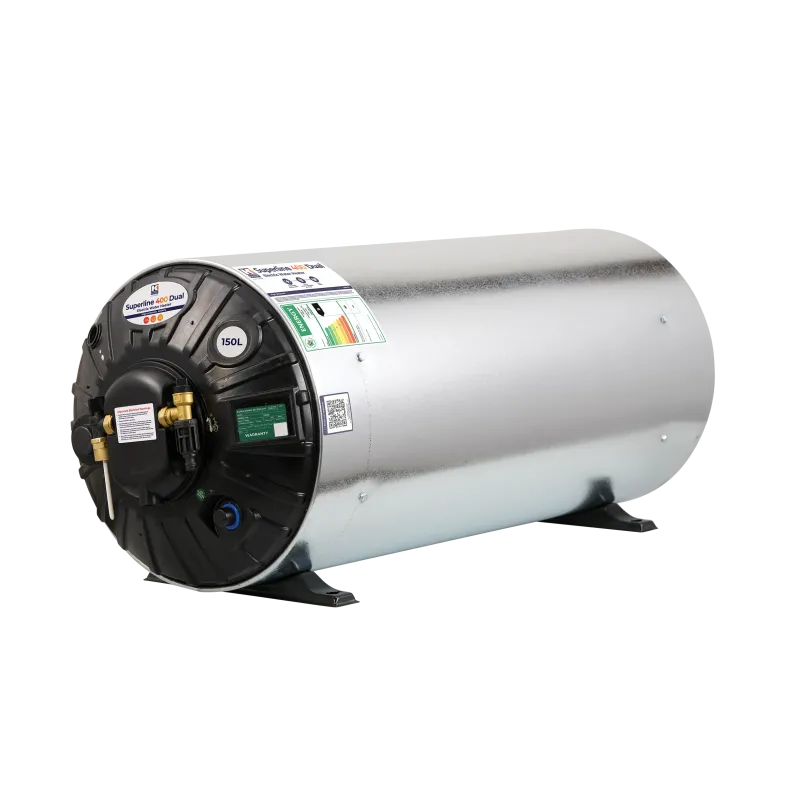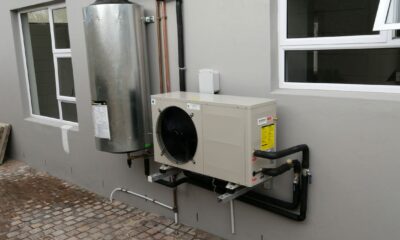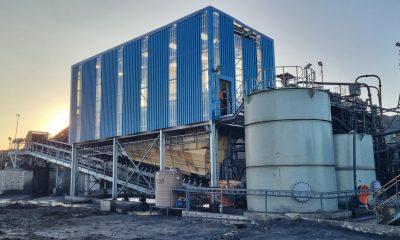Best of Johannesburg
How Much Power Your Geyser Uses & How to Save in 2025

How Much Power Your Geyser Uses – and How to Cut Your Costs
If you’ve been watching your prepaid meter drain faster than usual or getting surprise electricity bills in Johannesburg, your geyser is likely the biggest culprit – responsible for around 40% of household power. With Eskom’s ongoing load-shedding and rising electricity rates, managing geyser use is more important than ever.
Also read: Can You Get Fined for Solar Panels in Johannesburg? Your 2025 Rights Explained
What’s a Geyser Really Costing You?
Most Johannesburg homes have a 150 L electric geyser. When it heats water, it draws between 2.5–3 kW, meaning a three-hour heating cycle consumes between 6–9 kWh per day. Depending on usage, that works out to:
-
Efficient (timer + insulation): ~3 kWh/day (≈R8.40)
-
Average (no timer): ~6 kWh/day (≈R16.80)
-
High use (poor insulation): ~9 kWh/day (≈R25.20)
Multiply it by 30, and your geyser could be costing R250–R750 monthly.
Why Peak Hours Matter (5pm–9pm)
Between 5pm and 9pm, most Joburg homes are at full load – cooking, doing laundry, and bathing. That’s exactly when the electricity grid is most vulnerable. If your geyser’s heating during these hours, it’s not just costing you more – it’s adding to the overall load on the grid during one of its most fragile times.
Even just turning off your geyser during peak hours – or better yet, using a timer – can slash your usage by up to 30%.
Easy Upgrades, Big Returns
1. Install a geyser timer
Set it to heat water before peak times. Savings: 15–30%.
2. Wrap it in a geyser blanket
Reduces heat loss by 5–15%, so water stays hot longer.
3. Insulate hot water pipes
Especially useful for long runs or pipes exposed to cool air.
A combo of timer + blanket can reduce your geyser energy use by up to 50%.
Busting the Old Myths
-
Turning it on/off won’t break the thermostat. It’s built to cycle as temperatures drop and rise.
-
Switching it off overnight or while away? You can expect up to 20% daily savings.
-
Lower the thermostat to 55–60°C. It’s safe, hygienic, and uses far less power than the standard 70°C.

Image 1: iStock
Bonus Energy-Saving Moves
-
Opt for shorter showers (2 minutes less saves significant energy).
-
Run baths efficiently: hot water first, then cold.
-
Use cold water for laundry, dishwashing, and rinsing when practical.
Considering Solar or Gas?
More homeowners are switching to alternative geyser systems in 2025:
-
Solar geysers can cut your hot-water electricity bill by up to 70%, paying back in 3–5 years.
-
Gas geysers heat only the water you use and work during blackouts.
If you plan to stay in your home long-term, these upgrades can bring real savings and resilience.
What This Means for Joburg Homes
Your geyser isn’t just your own electricity bill – it’s part of Joburg’s energy ecosystem. Small, smart changes – like switching off the geyser from 5pm–9pm and adding a timer and insulation – can help both your pocket and the broader electric grid.
In 2025, every kilowatt-hour counts. Start with your geyser – your future self (and your wave of load-shedding) will thank you.
Also read: Generator & Inverter Safety During Load Shedding | Joburg 2025
Follow Joburg ETC on Facebook, Twitter , TikTok and Instagram
For more News in Johannesburg, visit joburgetc.com
Featured Image: Cashbuild



























